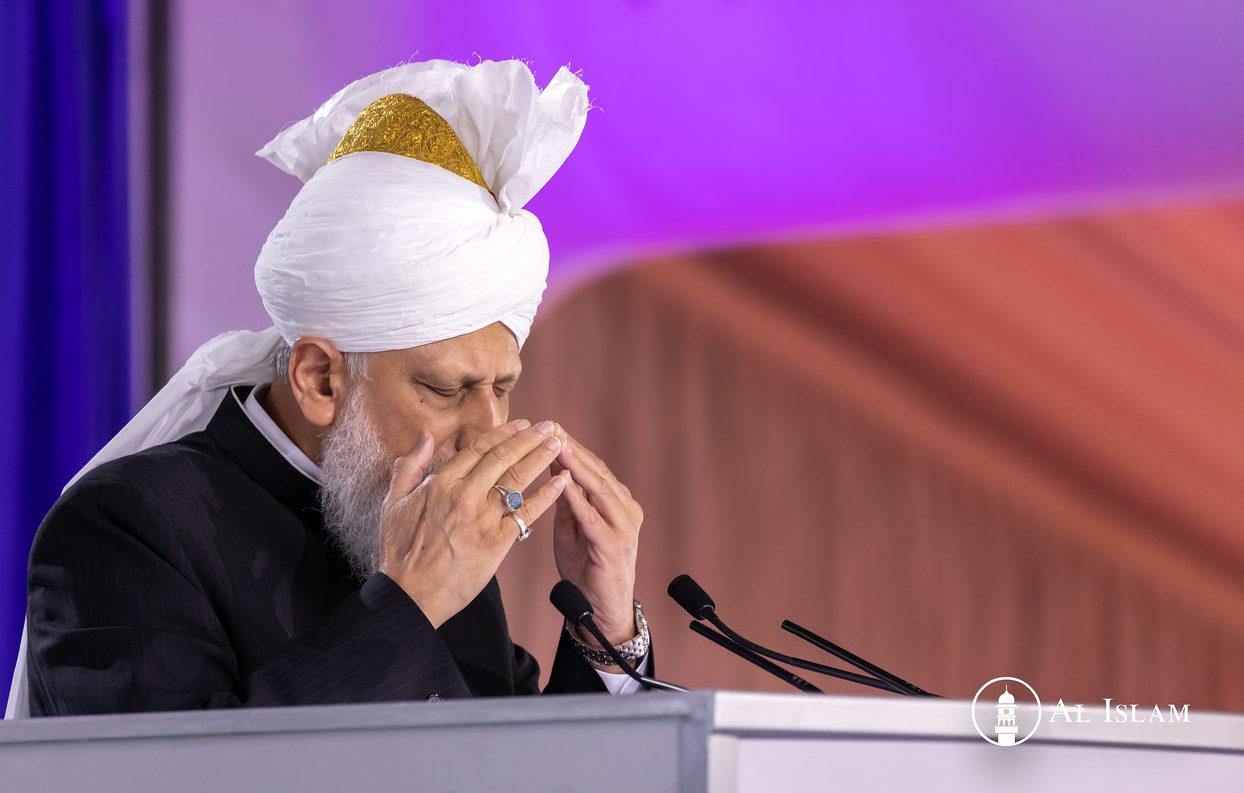T A NELOFAR, ERNAKULAM
APRIL 30, 2024
Growing up as kids, our reasons for happiness were the little things in life. A candy offered by our parents, an evening play at the beach, or a fleeting sight of the rainbow in the sky would be enough to make us excited. But as time passed, that child in us grew up. Now, as adults, the majority of us are conditioned to be happy over worldly achievements and so-called ‘milestones’ in life.
However, in many circumstances, one is left to ponder: Can happiness be quantified solely based on material successes? Do fame and wealth grant us everlasting happiness? And, above all, what exactly constitutes the true secret to happiness?
An illusion that fades away
It is human tendency to pursue pleasurable things. Undoubtedly, material prosperity and achievements are a source of happiness and need to be appreciated. However, once our goals are achieved, we soon adapt to the joy and success, and the initial excitement of the momentous instances in life—like buying a new car, or getting a new job or a degree—soon fades back to normalcy within days or months. This prompts us to seek something new, and the cycle repeats. Hence, in the pursuit of what we think will give us everlasting happiness, we are bound in what is known as the ‘hedonic treadmill’.
In his book Happy: Why More or Less Everything Is Absolutely Fine, Derren Brown explains that the desires fuelling the hedonic treadmill are mostly driven by our need to impress other people. He writes:
“In the accumulation of material things, no deep satisfaction is to be found, other than fleeting pleasure and the temporary delight of impressing others. Both of these are short-lived (before we return to our default level of happiness), and ultimately controlled by other people or things.”[1]
This very well explains why people, who once give into the material pursuit of wealth, fame or status, become addicted to seeking and chasing more. The Holy Prophetsa beautifully describes the reality of this perpetual cycle of human desires, saying:
“If the son of Adam had two valleys of money, he would wish for a third, for nothing can fill the belly of Adam’s son except dust.”[2]
In fact, the pursuit of this illusory happiness is more likely to leave us frustrated than happy. The Promised Messiahas states:
“True happiness and true comfort does not at all lie in the world and its possessions. The truth is that even after exhausting all the aspects of the world, a person cannot attain true and everlasting happiness. You observe that the rich and wealthy are always in a state of cheerfulness, but their state may be likened to a person who suffers from eczema. When a person scratches their skin they experience a soothing sensation, yet the final outcome of their scratching is that they begin to bleed.”[3]
Hence, we should not become so obsessed with worldly and temporary achievements that we lose sight of true happiness.
Gratitude over comparison
In today’s globalised world, overwhelmed with advertisements, we often find ourselves trapped in the pursuit of fake happiness. Algorithm-driven social media platforms further fuel this pursuit, bombarding us with unrealistic standards of life showcased by creators. This distorts our perception of ourselves and prompts us to compare our lives with others, often leaving us frustrated as to why everyone’s life is better than ours.
This constant comparison diminishes our ability to appreciate what we have and keeps us preoccupied with what we do not have, ultimately driving us away from peace of mind. However, the Holy Prophetsa presented a profound approach to finding happiness in this world of allurements. He said:
“Look at those who are at a lower level than you (in terms of worldly provisions), and do not look at those above you, lest you belittle the blessing of Allah.”[4]
This principle of looking at the least fortunate people around us not only fills us with an overwhelming sense of appreciation and gratitude for what we have but also makes us aware of the need to support the oppressed sections of society, even at the cost of our own comfort or desires. Rather than getting enticed by the achievements of our peers, this approach urges us to work for the welfare of those in need. It prevents us from pursuing materialism and grants us true happiness through practising gratitude and serving humanity.
When life gives you lemons!
Happiness is often equated with how much things go according to our expectations. Oftentimes, we feel distressed when life unfolds in the least expected manner and disrupts our planning. Be it a disease during an important interview or an unexpected accident, we feel helpless and despair over our misfortunes.
In the face of this unpredictability, where life appears like a turbulent ride with no support to hold on, man realises that his material wealth and provisions are incapable of providing him comfort.
The Holy Quran provides a remedy for this state of insecurity and anxiety, reminding us that true happiness is found when our souls are at peace. Similarly, our souls find peace when we frequently remember our Creator and His love envelops our soul and mind. The Holy Quran states:
“Aye! It is in the remembrance of Allah that hearts can find comfort”.[5]
Expounding on this, the Second Caliph of the Ahmadiyya Muslim Community, Hazrat Mirza Bashiruddinra says:
“Hearts find comfort in dhikr [remembrance]. Why? This is so because anxiety develops when man thinks that he is about to be destroyed by some calamity and if he believes with certainty that there is a remedy for every calamity and ailment, then he will not become anxious. Thus, when someone remembers Allah and understands that Allah possesses unlimited powers and can remove all types of ailments, his heart tells him that when he has such a God, then what is the need for him to become anxious about any difficulty? He will Himself remove it. In this way he finds comfort.”[6]
This principle of finding comfort in the remembrance of Allah has the practical testimony of thousands of prophets who appeared in different parts of the world. They were not perturbed in the slightest, even when faced with the greatest of calamities throughout their lives. They stand as shining examples of finding true happiness amidst adversity.
Furthermore, this impact of faith in overcoming challenges is also evident in the fact that believers are mentally and psychologically better equipped to cope with disastrous events in life, as research has shown.[7] This inner strength originates from their belief in the power of God that offers them solace and resilience in the face of difficulties. As they turn to Him in remembrance and prayer, they find peace and stability amidst life’s trials and tribulations.
True richness is the richness of the soul
Our pursuit of happiness in this short-lived life must not be trapped within a cycle of desire and achievement. Instead, it must transform us into grateful and content beings, as happiness itself is a result of gratitude and contentment practised in daily life. Besides, it is rightly observed that gratitude embellishes our soul when it remembers the Creator at every step.
Therefore, establishing a connection with God and adopting the path of righteousness is the key to attaining true happiness. Righteousness is the elixir of life that grants man unparalleled peace and tranquillity. It is a way of life where one always remembers God and organises their actions according to His will. This is the only way to protect ourselves from the negative influences of the world and experience the eternal bliss of happiness.
END NOTES
[1] Happy: Why More or Less Everything is Absolutely Fine, Derren Brown, p. 45
[2] Sahih al-Bukhari, Kitab ar-Riqaq (Book on Softening of Hearts)
[3] Malfuzat, v. 1, p. 152
[4] Sahih Muslim, Kitab az-Zuhd war-Raqaiq (Book Pertaining to Piety and Softening of Hearts)
[5] Holy Quran 13:29
[6] Remembrance of Allah, p. 109
[7] Religiousness and Depression: Evidence for a Main Effect and the Moderating Influence of Stressful Life Events, Timothy B Smith et al. (2003), Psychological Bulletin












1 Comment
Naeem Ahmad · May 2, 2024 at 6:08 am
All that found in this article are true and it’s experienced by us only at the last part of our life time. Young generation must read this and be practiced the truth.